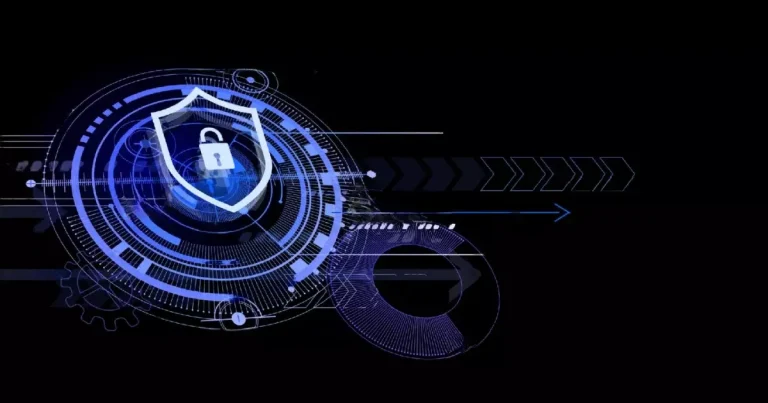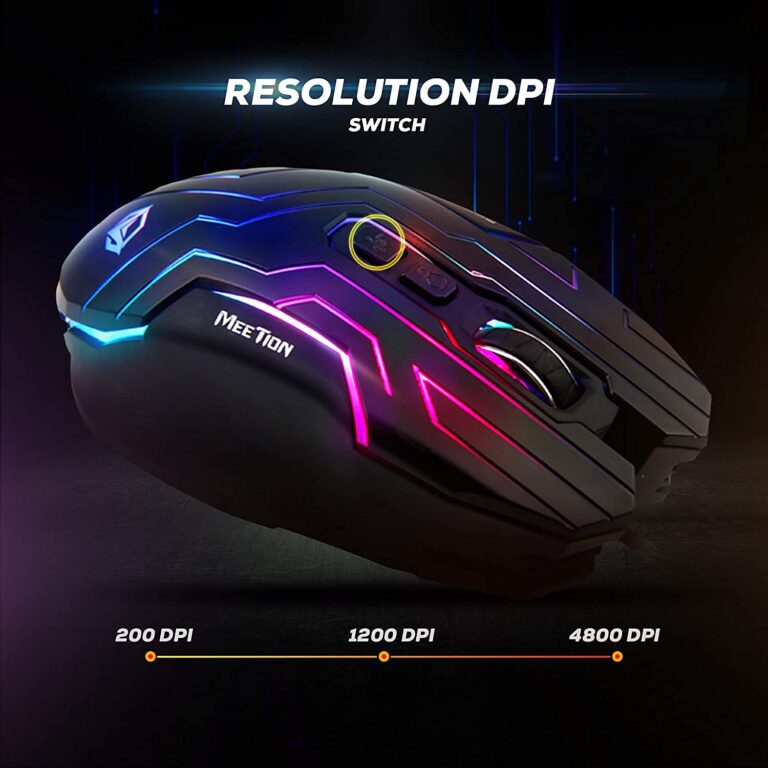5 Changes in SMS Marketing You Need to Know About
SMS marketing has changed greatly and now serves as a more potent and sophisticated instrument for companies interacting with consumers. Businesses must be current as consumer expectations and technology change to be competitive. Humans are beyond the days of basic, text-only specials. These days, SMS marketing has evolved into a necessary component of multi-channel approaches as it offers tailored experiences fit for customers where they are.
Personalization as a Driving Force
The days of SMS marketing wherein every consumer on your list received the identical message are long gone. One of the most important developments in the terrain now is personalizing. Modern SMS marketing mostly depends on data to customize messages especially to the tastes, habits, and buying past of every receiver. Using data analytics and consumer segmentation, companies can now offer highly targeted communications that really speak to individuals personally. Better engagement and response rates follow from this degree of customization as consumers get material that speaks to them personally and seems relevant. Companies are sending tailored SMS at exactly the right time utilizing behavioral triggers more and more. Whether it’s a birthday offer or a reminder for an abandoned cart, time is very vital in increasing the message’s relevancy.
Interactive Elements: Elevating SMS Beyond Text
Integration of interactive elements, which transforms the conventional static text message to a new degree of engagement—is a major advancement in SMS marketing. Rich media, including photos, GIFs, movies, and even QR codes lets companies build dynamic SMS experiences that grab attention and inspire participation. Often, a 10DLC, or 10-digit lond code, is used within these messages, allowing customers to quickly access personalized offers or exclusive content. Interactive SMS also provides two-way communication opportunities for consumers to interact directly with companies via their mobile devices. These days, polls, questionnaires, and SMS-based tests are regular instruments for companies to get comments, do market research, or maybe provide tailored product suggestions.
The Rise of SMS Integration with Online Platforms
SMS is no longer a stand-alone tool as digital marketing develops; it is rather smoothly combined with web platforms. In multi-channel plans where companies combine SMS with email, social media, and websites to provide a coherent consumer experience, it is now vital. Whether it’s traffic to a new product release, verifying online purchases, or alerting consumers of forthcoming events, this connection lets companies employ SMS to augment their web presence and guide consumers throughout the digital experience. It improves user experience by means of quick updates and simple platform navigation. Between SMS and e-commerce systems is one of the most strong connections. Online retailers may now automatically send SMS alerts for shipment status, purchase confirmations, and customized discounts depending on browsing activity.
Compliance and Privacy: Navigating Regulatory Changes
Since individuals are increasingly employing SMS marketing, rules on data protection as well as compliance have been tighter, this has led to significant shifts in how organizations operate in this domain. These restrictions in the manner, scope, and extent to which consumer information is collected and utilized have stemmed from laws like the GDPR that was implemented in the European Union and the TCPA that operates in the United States of America. It now becomes the responsibility of organizations to ensure that they are fully compliant each time they disseminate materials for marketing as failure to do so may lead to fines and potential compromise of the brand. The shift to make customers manage their own information also impacted opt-ins and SMS permission at companies.
AI-Powered Automation: Promoting Effectiveness and Participation
Since artificial intelligence (AI) gives companies the ability to automatically personalize their marketing efforts, SMS marketing has most certainly seen the most advancement in this regard. By means of AI-powered automation, companies may simplify their SMS marketing initiatives, therefore lowering the need for human involvement and guaranteeing that messages are sent at the most ideal moments. AI systems can forecast the optimal times to deliver communications, identify which offers are most likely to resonate, and even segment audiences depending on buying patterns by examining consumer behavior. Creating triggered campaigns that react to consumer behaviors in real time depends also on automation. If a consumer leaves their basket, for instance, an automatic SMS reminding them to finish their purchase might be delivered; usually coupled with a unique offer to encourage the sale.
Conclusion
SMS marketing’s terrain has changed remarkably to fit changing customer expectations and technology breakthroughs. These developments provide chances for development, which guarantees that SMS marketing stays a necessary instrument in the whole digital marketing ecosystem.







